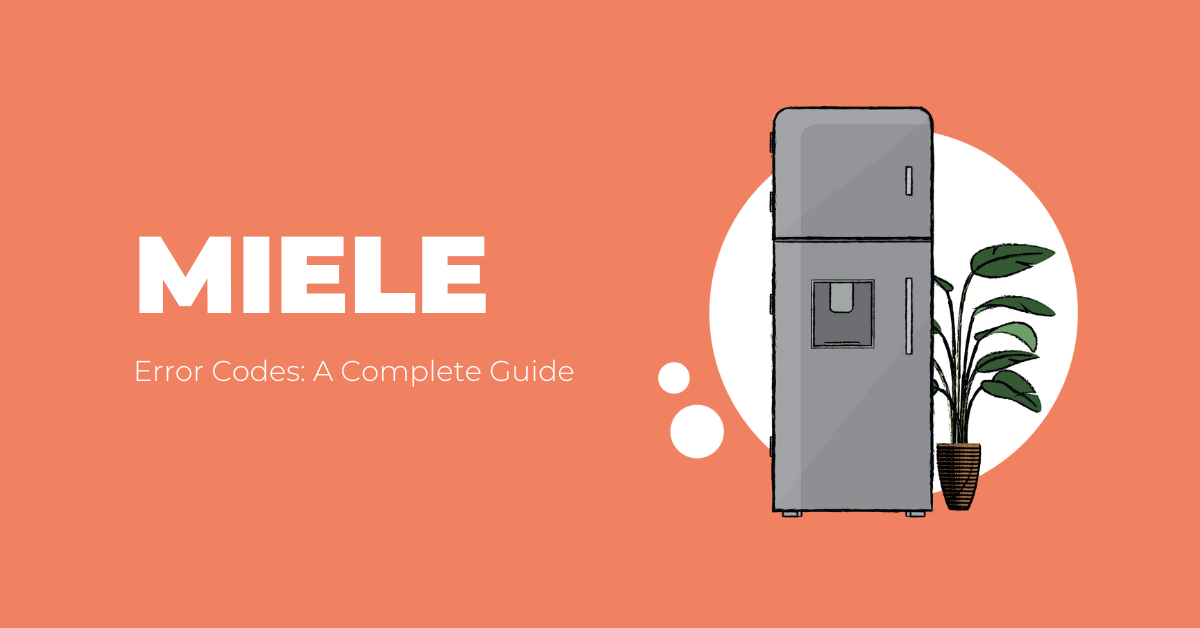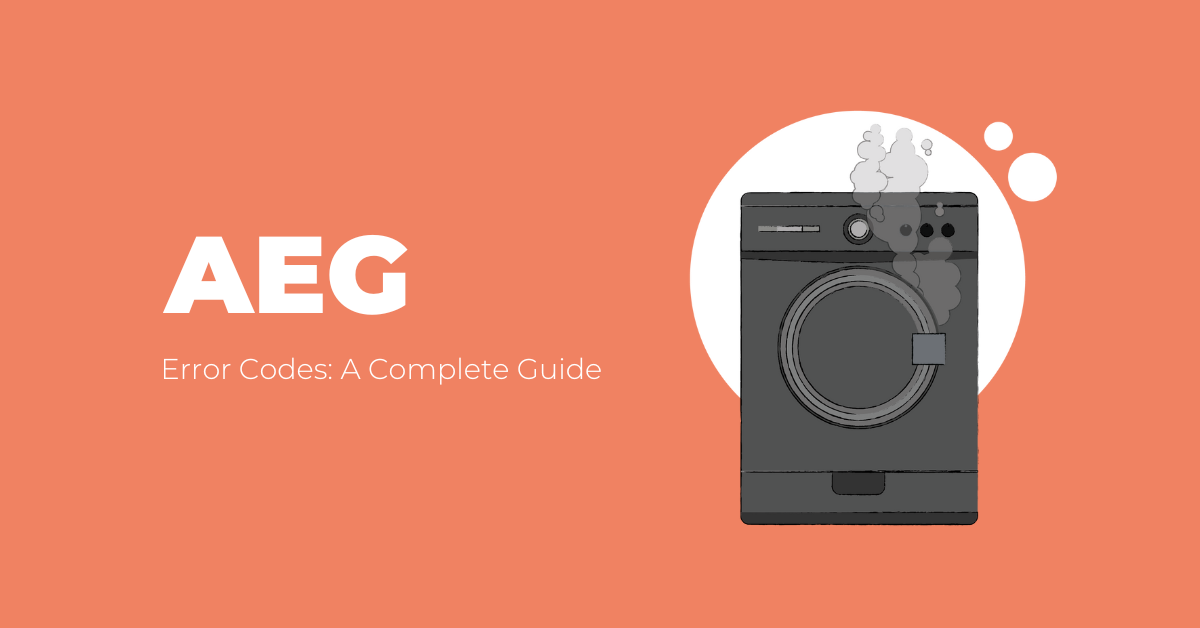
How to Buy a Tumble Dryer: All You Need to Know
Tumble dryers are key appliances that help you dry your clothes so much quicker than leaving them out. They speed up the washing process a lot and allow us to get a whole lot more done each day. But there comes a time when these machines get old and break down, and eventually, they die.
That’s where this article comes in. We’re sure it’s been an age since you last bought a tumble dryer as they last so long. So, if yours is broken beyond repair, or you just fancy an upgrade, here’s all you need to know to navigate the market of tumble dryers in the 2020s.
Types of Tumble Dryer
Vented tumble dryers are almost always the least expensive to buy, so if you’re looking for a cheap one, this is the type for you. On the other hand, they tend to cost a lot to run, as well as having the added hassle of having to feed the hose through a window or vent in the wall.
Condenser tumble dryers don’t need a hose as there is a water collection container. This means you can install it pretty much where you want. You will however need to remember to pour the water out of the filled-up container. They’re also expensive to run, and bad-quality condensers can risk leaking damp air into your home.
Heat pump tumble dryers don’t need a vent or hose either. They have heat pump technology which makes them both more efficient on costs and energy. You will also need to empty the water tank with heat pump dryers. These do tend to be on the more expensive side, though they are getting cheaper slowly.
There are also gas tumble dryers which are very cheap to run as they use gas rather than electricity. They do need to be installed by a Gas Safe registered engineer though which could become more costly. Gas dryers are slowly becoming obsolete in the UK.
Tumble Dryer Pricing
If you are looking for something cheaper or have a smaller budget, you’re best looking at the vented tumble dryers. There are some great vented tumble dryers out there for just over £150.
The cheaper condenser dryers can be found for prices of around £250 but they may lack functionality like different modes and cycles that you’d find in more expensive models.
If you look to spend a bit more, you’ll encounter models with drum sensors that automatically detect the size and dampness of the load and adjust the cycle accordingly. Some may even have a display to tell you how long it has left to run.
For around £500 you’ll get a great machine. One that is reliable, you’ll have a choice of features and benefits like program modes and different cycle lengths, along with flashy displays. You’ll get more efficient and economical machines for this price range too.
The most expensive of all the dryers use heat pumps which means they are more efficient. According to some tests they should generally save you around £40-£50 per year on energy costs. You’ll get all the same features and benefits you would for a different type of expensive dryer, but with the energy-saving heat pump technology too.
Manual vs Sensor
Manual tumble dryers mean you must set the time by yourself for how long the machine will run. This is a little extra hassle while doing your washing and can mean you leave it running for too long at times. Some people like to pay the extra money for sensors in their drum which allow you to just pop in your clothes and let the machine stop when it senses your clothes are dry.
One problem with sensor dryers is that they can often stop the cycle too early, meaning you must put it on a fresh cycle to fully dry it. This means you may use more energy, so it’s worth looking for a sensor dryer that is accurate. They are also more expensive.
Overall, it’s probably best to get a sensor dryer, as most of these dryers are newer, have better features, and they are looking like the main type of dryer going into the future of tumble dryer technology.
Tumble Dryer Sizes
Like washing machines, tumble dryers also come in all sorts of shapes and sizes. More to the point there are lots of options for drum capacity. They range from 4KG of capacity to 11KG Most fall within the 4KG-9KG range though. The sizes are as follows:
- 4KG = 10 shirts
- 5KG = 14 shirts
- 6KG = 17 shirts
- 7KG = 21 shirts
- 8KG = 23 shirts
- 9KG = 26 shirts
These examples are based on the use of the cotton’s mode, as well as only filling up 70% of the drum to allow for air circulation to help with the drying of the clothes.
Are Big or Mini Tumble Dryers Worth Buying?
Larger dryers are good because they can be more efficient if you’re always filling the drum and using it regularly. Great for someone with lots of washing to do. They will also be quick-drying clothes than smaller machines per kilo of washing. If you would struggle to fill the machine, don’t buy a large tumble dryer. This could mean you use too much energy when washing your clothes. They are also more expensive, so it’s always worth evaluating how much you need one of that size.
Mini tumble dryers are usually cheaper, you can find them for around £140, and because they’re so much smaller they are easier to hide away, meaning the look of your kitchen isn’t compromised. On the other hand, though, they are a lot less efficient than big tumble dryers. Also, almost all the models available are vented, which adds another hassle to installation. The choice is quite limited and within that choice, the features and benefits you get are also limited. Drying can also be uneven or inconsistent from cycle to cycle. If you’re short on space and don’t have much washing, these are a good option. If not go for a normal or larger dryer.
Are Tumble Dryers Expensive to Run?
Your tumble dryer could cost you around £23 per year if you choose an efficient model, but other types of machines at different efficiency levels will cost you up to £140 per year to run. Expensive! It’s certainly worth looking at the energy ratings of your dryer.
So, this is our guide to tumble dryers. This should contain all you need to know to find out what tumble dryer is best for you and how to find the most suitable machine. If you need anything else like repair or appliance protect for your tumble dryer, check out our website at the links below. Until next time. Happy shopping!






